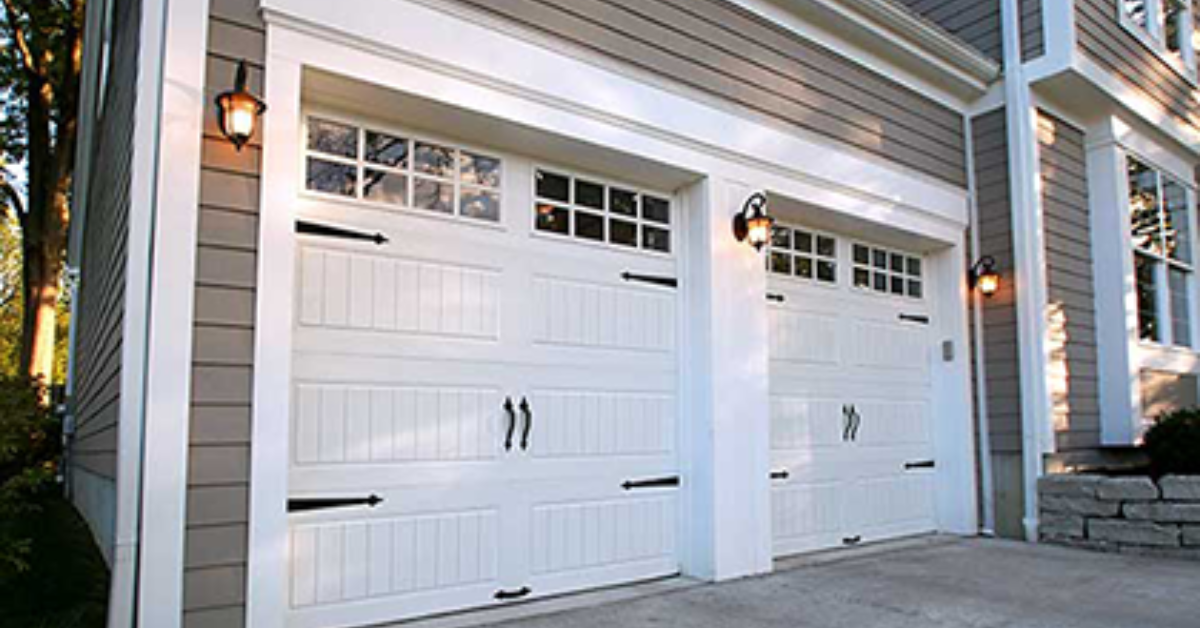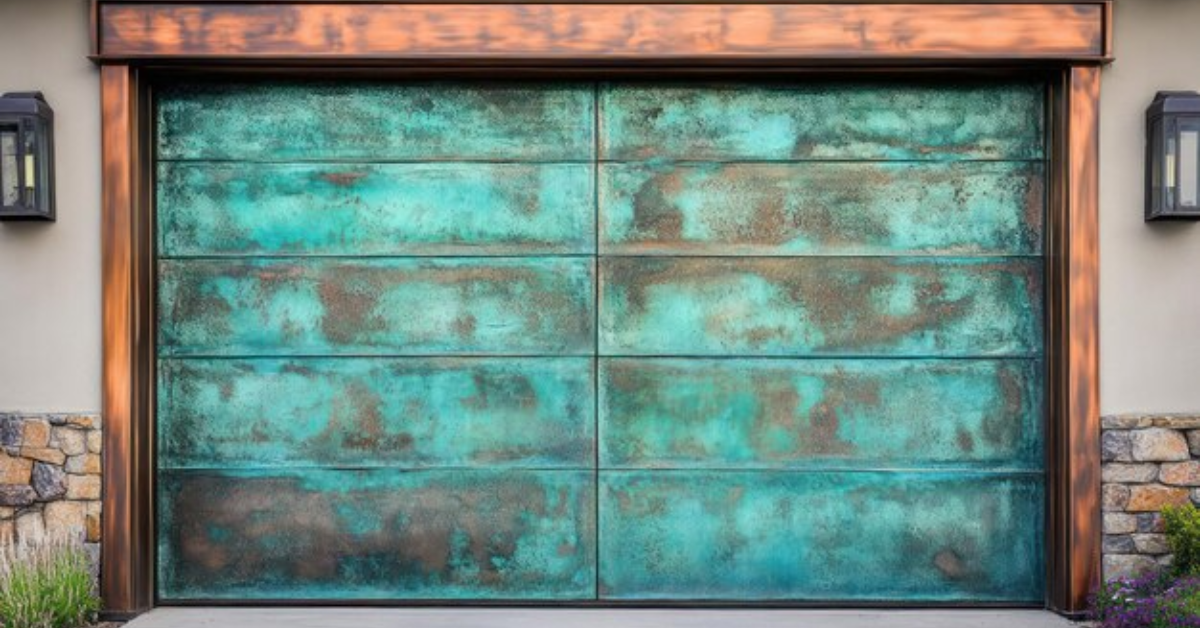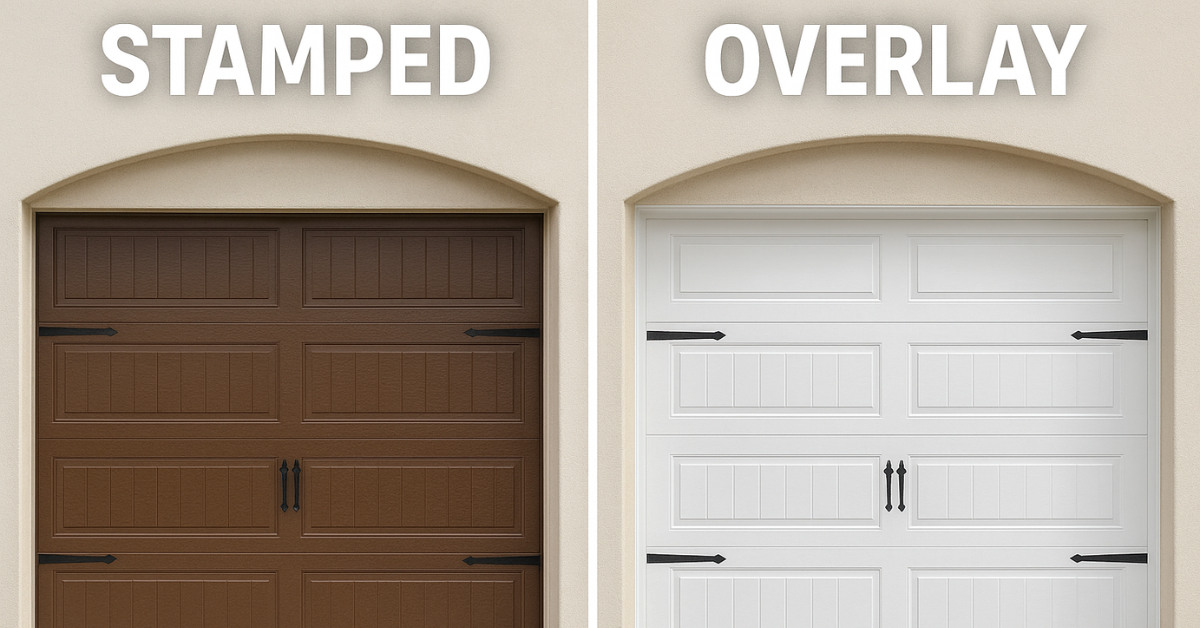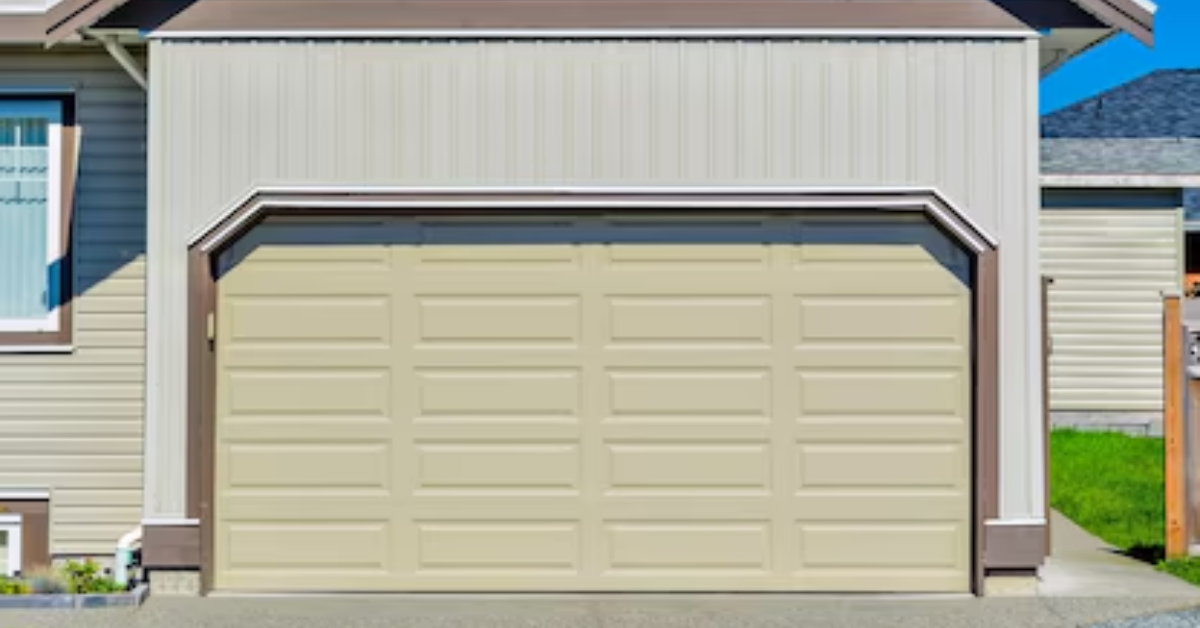Do You Need An Insulated Garage Door?
Welcome to the ultimate guide on whether you need an insulated garage door! Your garage door might seem like a simple part of your home, but it plays a crucial role in maintaining comfort, energy efficiency, and even the durability of your property. Garage door insulation isn't just about keeping your car and stored belongings protected from the elements. It's about creating a comfortable environment within your garage space and even impacting the energy efficiency of your entire home.
Insulated garage doors act as a barrier against extreme temperatures, whether it's scorching heat or freezing cold, helping to regulate the temperature inside your garage and consequently reducing the strain on your HVAC system. Insulation can also significantly minimize noise transfer, making your garage a quieter and more enjoyable space to work or relax in. But, as with any investment, there are several factors to consider before determining if an insulated garage door is the right choice for you.
Factors to Consider Before Making a Decision
Before rushing into a decision about garage door insulation, it's essential to weigh a few key factors. Firstly, think about your local climate and how extreme temperatures might affect the comfort level in your garage. Consider the primary use of your garage space; if it's more than just a parking spot for your car and serves as a workshop, gym, or living space, insulation becomes even more critical. Moreover, whether your garage is attached or detached from your home can also influence your insulation needs. Lastly, let's talk about cost. While investing in an insulated garage door may seem like an additional expense upfront, the potential energy savings and increased comfort could make it a worthwhile long-term investment.
Benefits of Insulated Garage Doors
Enhanced Energy Efficiency:
- One of the most significant benefits of insulated garage doors is their ability to improve the energy efficiency of your home. By providing an additional layer of insulation, these doors help to minimize heat loss during the winter and heat gain during the summer. This means that your HVAC system doesn't have to work as hard to maintain a comfortable temperature inside your home, ultimately leading to lower energy bills and reduced environmental impact.
Temperature Regulation:
- Insulated garage doors play a crucial role in regulating the temperature within your garage space. By preventing heat from escaping or entering through the door, insulation helps to maintain a more stable and comfortable temperature year-round. This not only makes your garage more pleasant to use but also protects temperature-sensitive items stored inside, such as tools, electronics, or household supplies.
Noise Reduction:
- Another advantage of insulated garage doors is their ability to reduce noise transmission. Whether it's the sound of cars coming and going, lawn equipment in operation, or neighborhood noises filtering in, insulated doors act as a barrier against unwanted noise. This can make your garage a quieter and more peaceful space, whether you're working on DIY projects, exercising, or simply spending time with family.
Increased Durability and Longevity:
- Insulated garage doors tend to be more durable and longer-lasting than their non-insulated counterparts. The additional insulation layer provides added protection against moisture, rust, and corrosion, which can extend the lifespan of the door and its components. With proper maintenance, an insulated garage door can withstand the rigors of daily use and exposure to the elements for many years to come.
Understanding Insulation Types
Polyurethane Insulation:
Polyurethane insulation is a popular choice for garage doors due to its high insulation value and excellent thermal efficiency. This type of insulation is injected into the door panels as a foam, expanding to fill the space and creating a solid, durable barrier against heat transfer. Polyurethane insulation offers superior performance in terms of energy efficiency and noise reduction, making it an ideal option for homeowners seeking maximum comfort and savings.
Polystyrene Insulation:
Polystyrene insulation, also known as styrofoam, is another common type of insulation used in garage doors. This insulation material is typically inserted into the door panels as rigid foam boards, providing moderate insulation value and thermal resistance. While not as efficient as polyurethane insulation, polystyrene insulation still offers significant improvements in energy efficiency and noise reduction compared to non-insulated doors.
Reflective Foil Insulation:
Reflective foil insulation is a thin, lightweight material that reflects radiant heat rather than absorbing it. While not as commonly used as polyurethane or polystyrene insulation, reflective foil can be effective in reducing heat transfer through garage doors, especially in hot climates. This type of insulation is often applied as a radiant barrier to the inner surface of the door panels, helping to keep the garage cooler in the summer months.
Factors Influencing the Need for Insulation
Climate Considerations:
The climate in which you reside plays a significant role in determining the need for insulation in your garage door. In regions with extreme temperatures, such as hot summers or cold winters, insulation becomes essential for maintaining a comfortable indoor environment and preventing energy loss. Conversely, in more moderate climates, the need for insulation may be less critical but can still offer benefits in terms of energy efficiency and comfort.
Usage of the Garage Space:
How you use your garage space also influences the need for insulation. If your garage serves as more than just a place to park your car, such as a workshop, home gym, or living area, insulation becomes paramount for creating a comfortable and functional environment year-round. Insulation helps to regulate temperature fluctuations, reduce noise transmission, and protect stored belongings from extreme conditions.
Attached vs. Detached Garages:
Whether your garage is attached or detached from your home can impact the need for insulation. Attached garages share walls with the main living areas of the house, making them more susceptible to temperature fluctuations and noise transfer. In contrast, detached garages may require less insulation for thermal comfort but can still benefit from noise reduction and protection against the elements.
Residential vs. Commercial Needs:
The insulation requirements for residential garage doors may differ from those for commercial applications. Residential garage doors often prioritize energy efficiency, comfort, and aesthetic appeal, while commercial doors may prioritize durability, security, and functionality. Factors such as the frequency of use, size of the door, and specific needs of the space will influence the type and extent of insulation required.
Cost Considerations
Initial Investment vs. Long-Term Savings:
When considering insulation for your garage door, it's essential to weigh the initial investment against the long-term savings. While insulated garage doors may have a higher upfront cost compared to non-insulated doors, the energy savings and increased comfort they provide can lead to significant long-term savings on heating and cooling bills.
Return on Investment (ROI):
Insulated garage doors offer a tangible return on investment by improving energy efficiency, reducing maintenance costs, and enhancing the overall value of your property. The ROI of insulation will vary depending on factors such as local energy prices, climate conditions, and usage patterns. However, in many cases, the benefits of insulation far outweigh the initial cost.
Potential Rebates or Incentives:
In some areas, homeowners may be eligible for rebates, incentives, or tax credits for upgrading to insulated garage doors. These incentives are often offered by utility companies, government agencies, or local municipalities as part of energy efficiency initiatives. Taking advantage of these programs can help offset the cost of insulation and accelerate the payback period for your investment.
DIY vs. Professional Installation
While the prospect of DIY installation may be appealing for some homeowners, it's essential to consider both the pros and cons before embarking on this endeavor. One of the main advantages of DIY installation is cost savings, as you won't have to pay for professional labor. DIY projects can offer a sense of accomplishment and allow you to customize the installation process to your preferences. However, DIY installation comes with its own set of challenges and risks. Without the expertise and experience of a professional installer, you may encounter difficulties with proper alignment, adjustments, or troubleshooting. Mistakes made during installation can compromise the functionality and safety of your garage door, leading to costly repairs or even accidents down the line.
Benefits of Professional Installation:
Opting for professional installation offers several distinct benefits that outweigh the potential pitfalls of DIY installation. Professional installers have the knowledge, skills, and specialized tools required to ensure a seamless and efficient installation process. They can properly assess your garage door needs, recommend the best insulation solution, and expertly install the door to manufacturer specifications. Professional installation also comes with warranties or guarantees, providing added peace of mind and protection against defects or installation errors. Professional installers can address any unforeseen challenges or complications that may arise during the installation process, saving you time, frustration, and potential safety risks.
Signs You Might Need Insulated Garage Doors:
Extreme Temperature Fluctuations:
- If you notice significant temperature fluctuations inside your garage throughout the year, it may be a sign that your garage door lacks adequate insulation. Insulated garage doors help to regulate temperature by preventing heat loss in the winter and heat gain in the summer, creating a more comfortable environment inside your garage.
Excessive Noise Transfer:
- Do you find that noise from outside or adjacent rooms easily penetrates into your garage? Insulated garage doors act as a barrier against noise transmission, reducing the amount of sound that enters or exits your garage. If excessive noise transfer is a concern, insulated garage doors can help create a quieter and more peaceful environment.
Moisture or Condensation Issues:
- Moisture or condensation buildup inside your garage can lead to mold, mildew, and structural damage over time. Insulated garage doors help to prevent moisture infiltration by creating a barrier against outdoor elements. If you notice signs of moisture or condensation issues in your garage, upgrading to insulated garage doors can help mitigate these problems and protect your belongings.
Conclusion
Whether to invest in insulated garage doors is a decision that requires careful consideration of the benefits and factors at play. By weighing the advantages of enhanced energy efficiency, temperature regulation, noise reduction, and increased durability against factors such as climate considerations, usage of the garage space, and cost considerations, homeowners can make an informed decision that aligns with their needs and priorities. Whether opting for DIY installation or professional installation, the goal remains the same: to create a more comfortable, efficient, and functional garage space while maximizing long-term savings and value.




